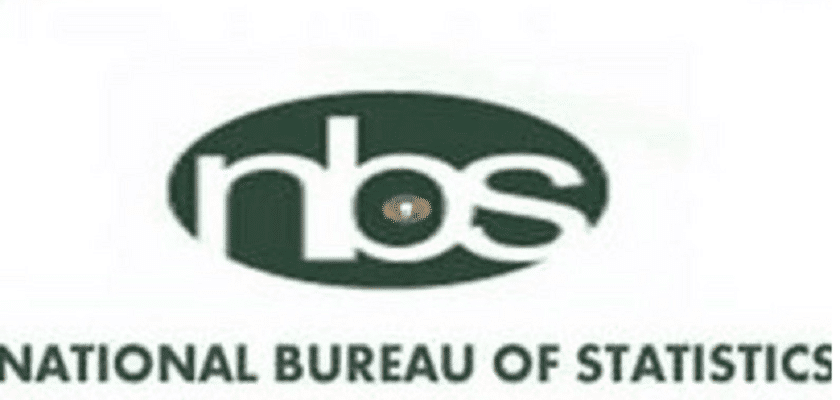The Consumer Price Index (CPI), a measure of Nigeria’s inflation rate, has shed a further 0.19%, dropping for the second consecutive month to 17.93% in the month of May, 2021.
This is according to recent data on Nigeria’s inflation, released by the National Bureau of Statistics, today. On a month-on-month basis, the recent CPI figure is 0.19% lower than the preceding value for the month of April 2021, which stood at 18.12%.
In terms of regional specifics, urban index dropped to 18.51% (Year-on-Year) in May 2021, compared to 18.68% recorded in April 2021. On the other hand, rural inflation rate also declined to 17.36% in May 2021 as against 17.57% recorded in April 2021.
Naijabusiness.com.ng also learnt that the food inflation, as measured by the Composite Food Index, declined from 22.72% as of April 2021 to 22.28% in May 2021, indicating a decline of about 0.44% month-on-month.
The ”All items less farm produce” or Core inflation, which excludes the prices of volatile agricultural produce stood at 13.15 percent in May 2021, up by 0.41 percent when compared with 12.74 percent recorded in April 2021
The highest increases were recorded in prices of Pharmaceutical products, Garments, Shoes and other footwear, Hairdressing salons and personal grooming establishments, Furniture and furnishing, Carpet and other floor covering, Motor cars, Hospital services, Fuels and lubricants for personal transport equipments, Cleaning, repair and hire of clothing
READ: Nigeria’s Domestic debt servicing gulps N612.7 billion in 3 months – DMO
State by State Analysis
A peep into the recent data from NBS revealed that in terms of general inflation, states like Kogi (25.13%), Bauchi (23.02%) and Sokoto (20.11%) recorded the highest year on year increase in inflation rates.
Conversely, Katsina (15.69%), Imo (15.52%) and Delta (14.85%) recorded the slowest rise in headline Year on Year inflation. In terms of food inflation, Kogi, Kwara and Enugu lead the chart with 32.82%, 26.02% and 25.43% respectively. On the other hand, Akwa Ibom (20.06%), Bauchi (18.65%) and Abuja (16.91%) recorded the slowest rise in year on year food inflation.

